Call or Text us at

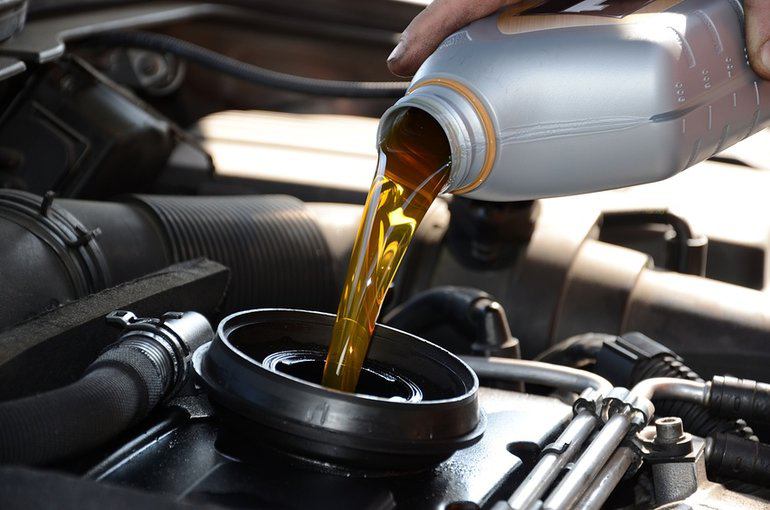
At Beach Auto Repair, our skilled technicians specialize in addressing issues
related to your vehicle's oil and lubrication system. Whether it's overdue for an
oil change, experiencing leaks, or in need of a complete oil system overhaul, our
team swiftly diagnoses the problem and proceeds with the necessary services.
Our technicians are experts at efficiently and professionally
conducting oil changes, ensuring your engine stays properly lubricated and performs
optimally. Don't hesitate to reach out to us for top-quality oil change services,
maintaining the health and longevity of your vehicle's engine.
Call or Text us at
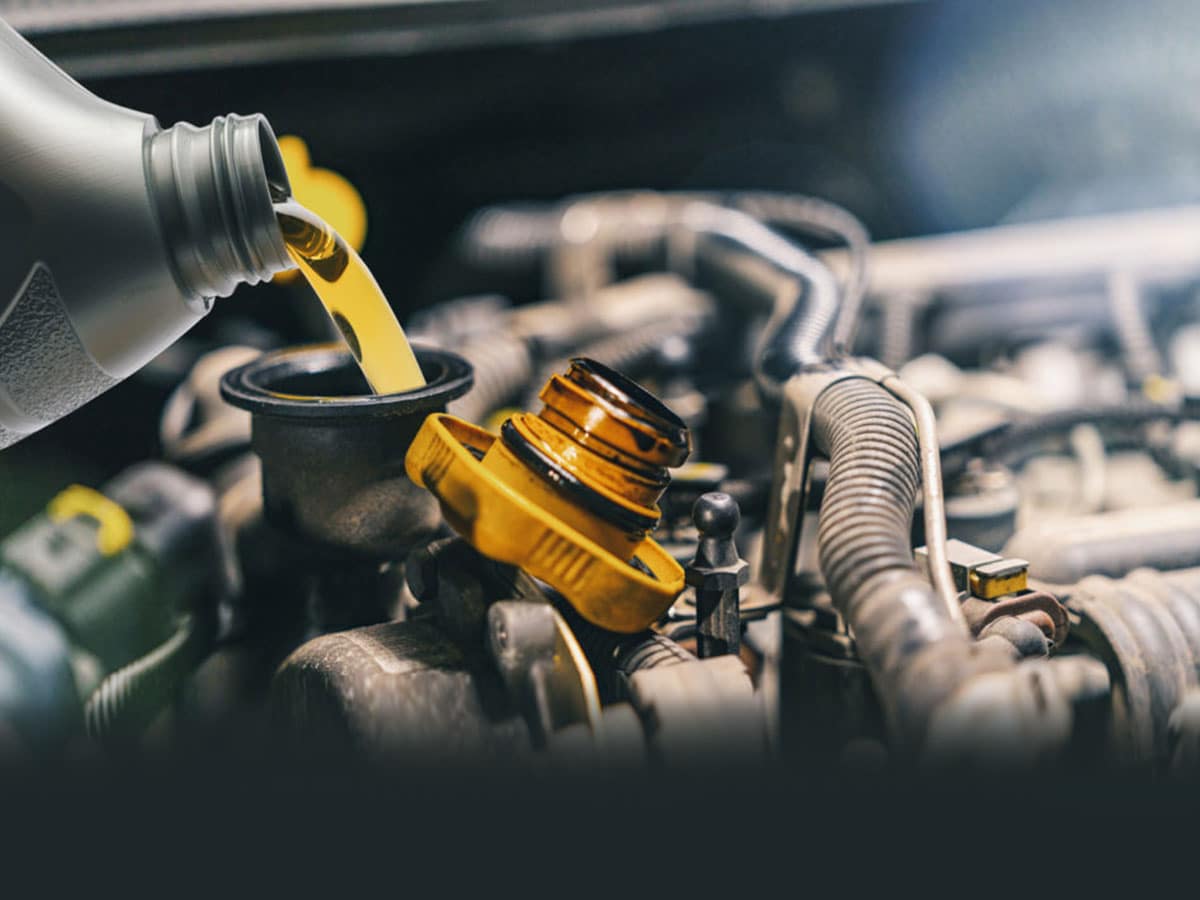
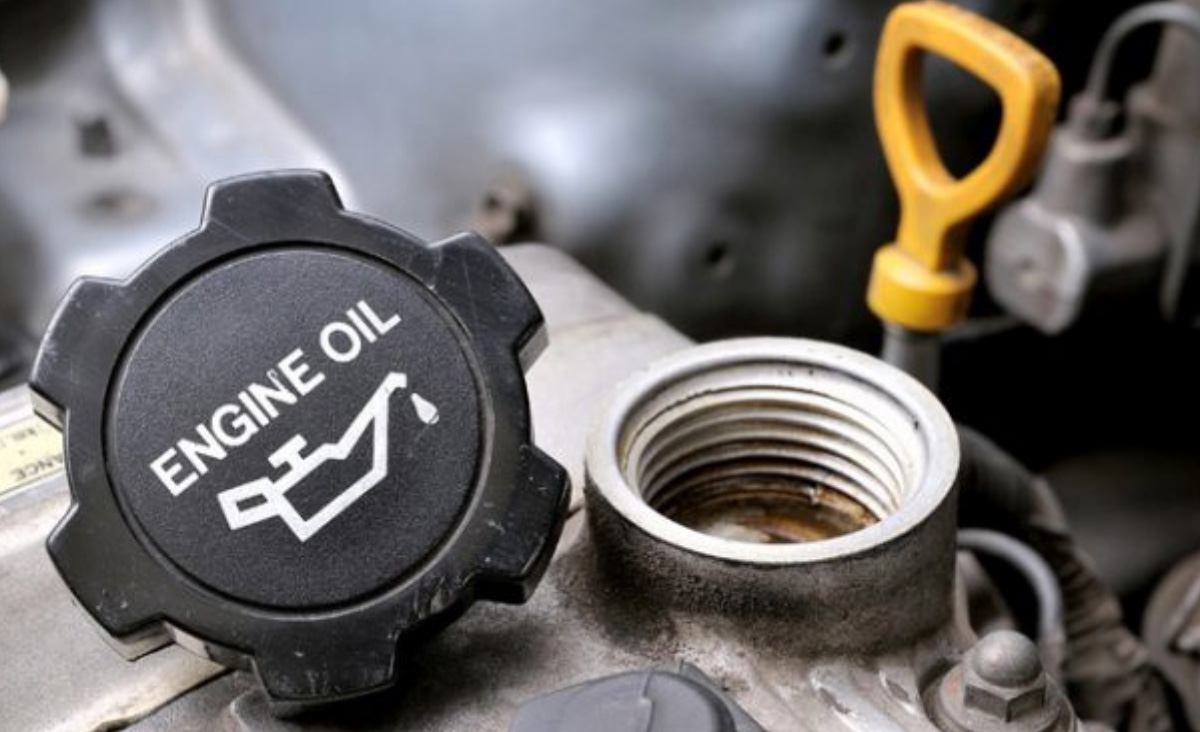
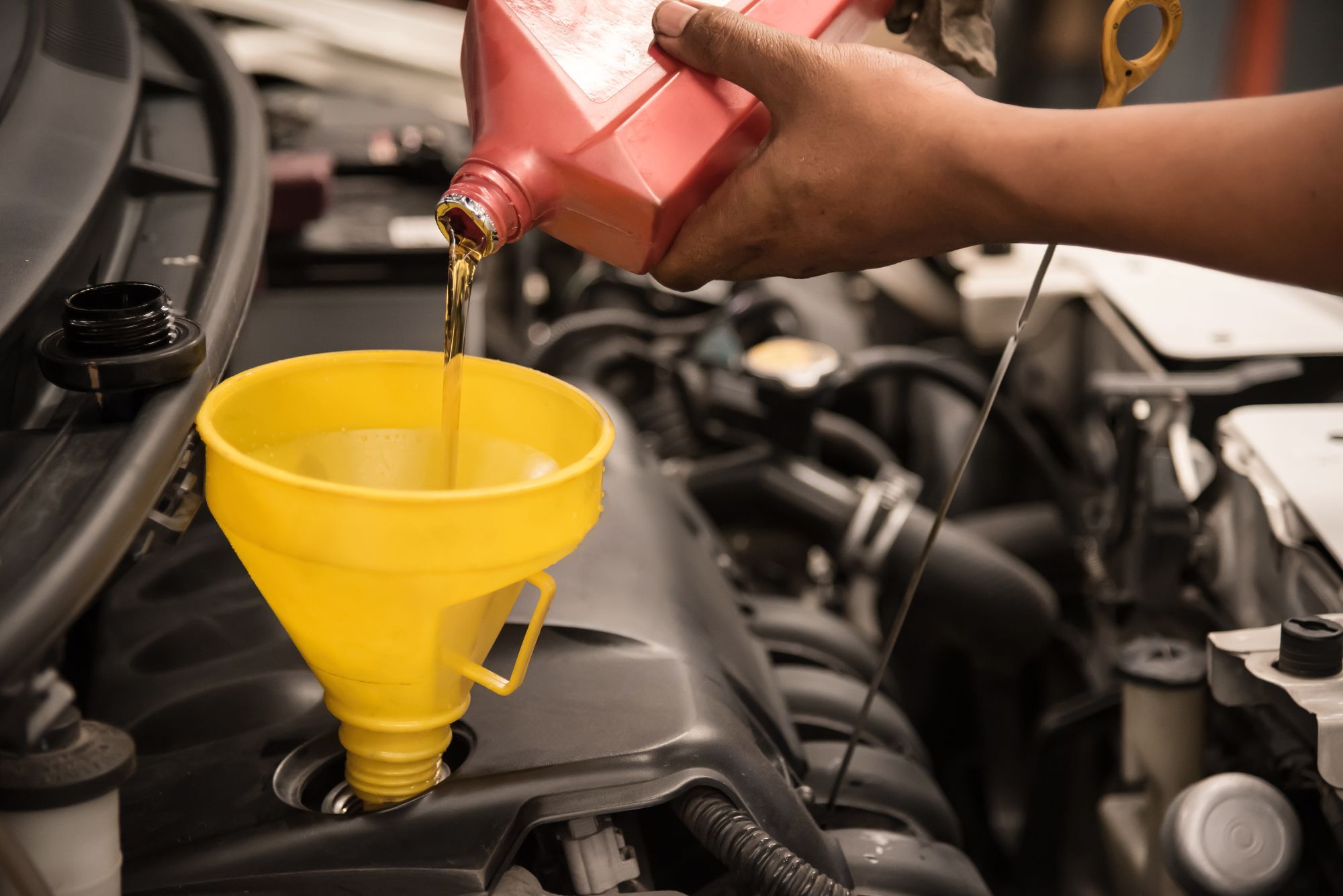

There are several key aspects to be aware of when it comes to the purpose of oil in your vehicle and the importance of oil changes. Here are some important points to consider:
1. Lubrication: The primary purpose of engine oil is to lubricate various moving parts within the engine, such as the pistons, crankshaft, camshaft, and bearings. This lubrication reduces friction and minimizes wear and tear, extending the life of critical engine components.
2. Heat Regulation: Engine oil also helps dissipate heat generated during the combustion process. It absorbs heat from the engine's hottest parts and carries it away, preventing overheating and maintaining optimal engine temperature.
3. Cleaning: Oil serves as a cleaning agent by carrying away contaminants and debris, such as dirt, sludge, and metal particles, that can accumulate in the engine. It prevents these contaminants from causing damage and clogging vital components.
4. Sealing: Engine oil forms a protective film on engine components, such as piston rings and cylinder walls. This sealing effect helps maintain compression, prevent oil leaks, and enhance engine efficiency.
5. Fuel Efficiency: Proper engine lubrication with clean oil contributes to improved fuel efficiency. Reduced friction and efficient heat dissipation ensure the engine operates at its best, resulting in better mileage and reduced fuel consumption.
6. Preventing Corrosion: Oil also acts as a barrier against corrosion, protecting engine components from moisture and oxidation, especially during periods of inactivity.
7. Oil Change Interval: Over time, engine oil breaks down, becomes contaminated, and loses its lubricating properties. This is why regular oil changes are essential. The recommended oil change interval varies by vehicle make and model, but it typically ranges from 3,000 to 7,500 miles or every 3 to 6 months.
8. Choosing the Right Oil: It's important to use the correct type and viscosity of oil recommended by the vehicle manufacturer. The wrong oil can lead to poor engine performance, increased wear, and reduced fuel efficiency.
9. Oil Filter Replacement: During an oil change, it's customary to replace the oil filter as well. The oil filter traps contaminants and debris, preventing them from circulating through the engine. Regular filter replacement ensures proper filtration.
10. DIY vs. Professional Service: While some vehicle owners choose to perform oil changes themselves, its often worth it to get professional service instead. Professional technicians have the expertise to ensure proper oil selection, disposal, and disposal practices.
By understanding these key points about the purpose of oil in your vehicle and the importance of oil changes, you can ensure that your engine operates efficiently, experiences less wear and tear, and maintains optimal performance throughout its lifespan.
There are several key signs to be aware of that indicate you should replace the oil in your vehicle. Here are some important points to consider:
1. Oil Change Interval: Regularly changing the oil in your vehicle is essential for engine health. If you've exceeded the recommended mileage or time interval specified in your vehicle's owner's manual, it's time for an oil change. Most modern vehicles typically require an oil change every 5,000 to 7,500 miles or every 6 to 12 months, but consult your manual for the exact interval.
2. Low Oil Level: Check your vehicle's oil level using the dipstick regularly. If you notice that the oil level has dropped significantly below the recommended range, it's a sign that you should replace the oil. Low oil levels can lead to inadequate lubrication and engine damage.
3. Dirty or Dark Oil: Inspect the color and consistency of your engine oil. Clean, fresh oil should appear amber or honey-colored. If the oil on the dipstick is dark and dirty, it's an indication that contaminants and engine debris have accumulated. Replacing the oil and oil filter is necessary to maintain engine cleanliness and performance.
4. Knocking or Ticking Noises: Unusual engine noises, such as knocking or ticking sounds, can be a sign that the engine is not properly lubricated. Old or degraded oil may not provide adequate protection, leading to increased friction and noise. An oil change can often resolve these issues.
5. Reduced Engine Performance: If you experience reduced engine performance, such as decreased acceleration, sluggishness, or a drop in fuel efficiency, it could be due to inadequate lubrication caused by old or deteriorated oil. Fresh oil helps maintain optimal engine efficiency.
6. Engine Overheating: Inadequate lubrication from old or low oil levels can lead to increased friction and heat in the engine. If your vehicle's temperature gauge consistently shows higher-than-normal temperatures, it's a warning sign that you should replace the oil and check for cooling system issues.
7. Check Engine Light (CEL) Illumination: Sometimes, a failing oxygen sensor or other engine-related issue triggered by old or contaminated oil can cause the CEL to illuminate. When the CEL comes on, it's essential to have the vehicle's diagnostics checked to determine if an oil change is needed.
8. Oil Smell Inside the Vehicle: If you detect a noticeable oil odor inside the vehicle's cabin, it may indicate an oil leak or excessive oil consumption. Address the issue promptly to prevent further damage and maintain air quality inside the vehicle.
9. Excessive Smoke from the Exhaust: Excessive blue or gray smoke coming from the exhaust pipe can be a sign of burning oil. This may be due to oil leakage into the combustion chambers or oil contamination. An oil change may be necessary to resolve this issue.
10. Oil Filter Replacement: When replacing the oil, it's customary to replace the oil filter as well. If you notice a significant decrease in engine performance or increased noise after an oil change but haven't replaced the oil filter, it's a good practice to do so.
By recognizing these key signs that indicate you should replace the oil in your vehicle, you can maintain optimal engine health, prevent damage, and ensure a smoother and more efficient driving experience.
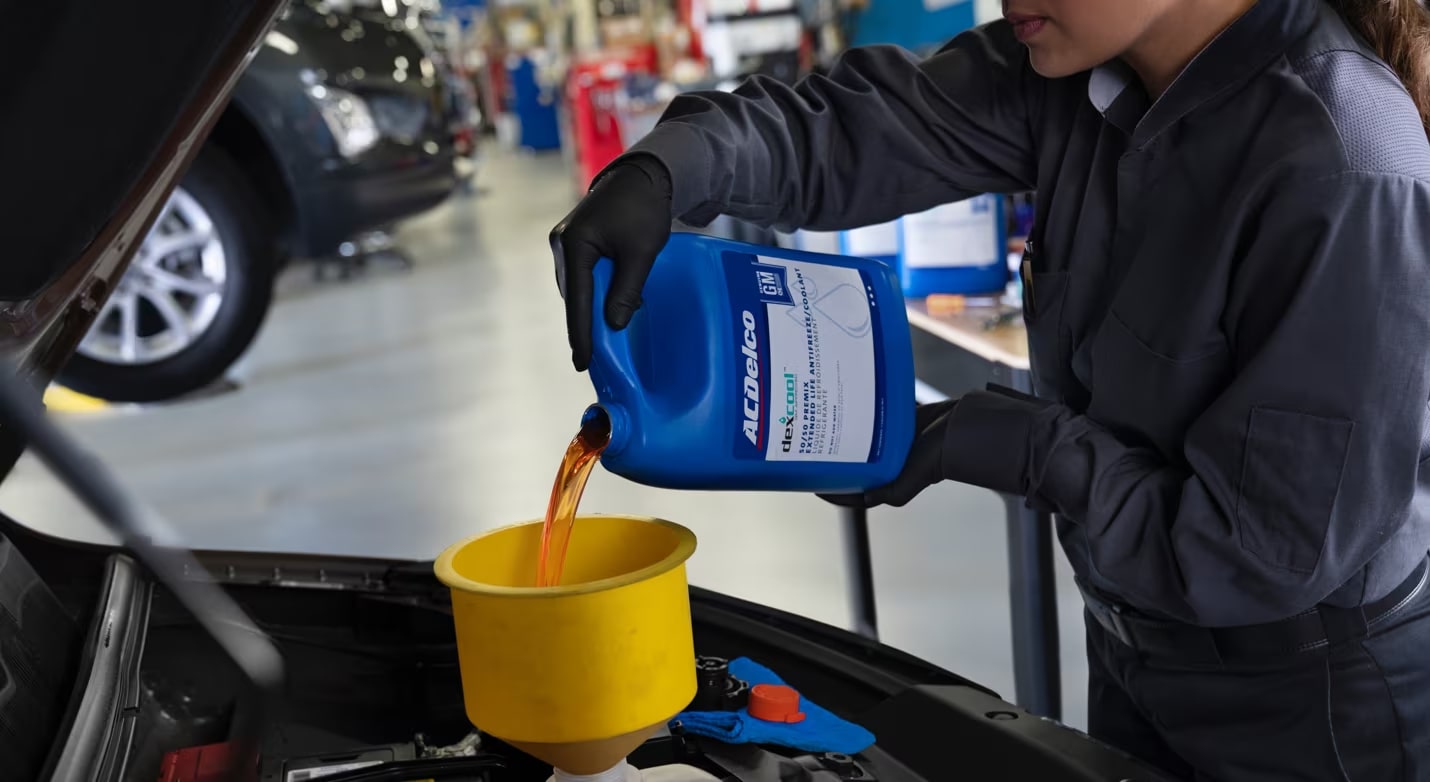
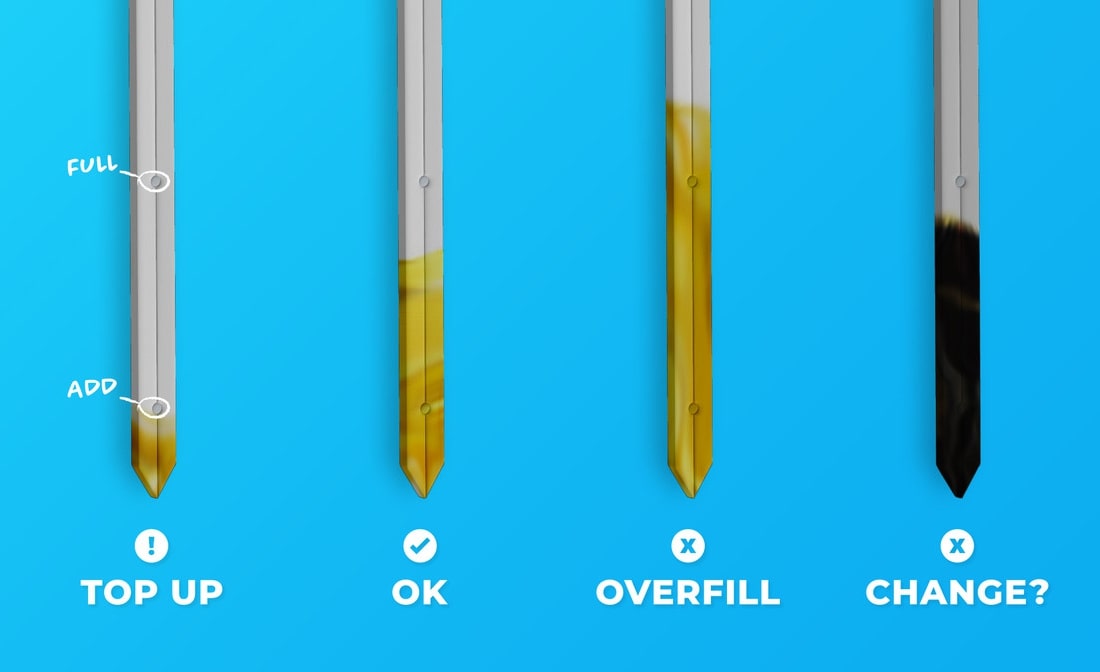

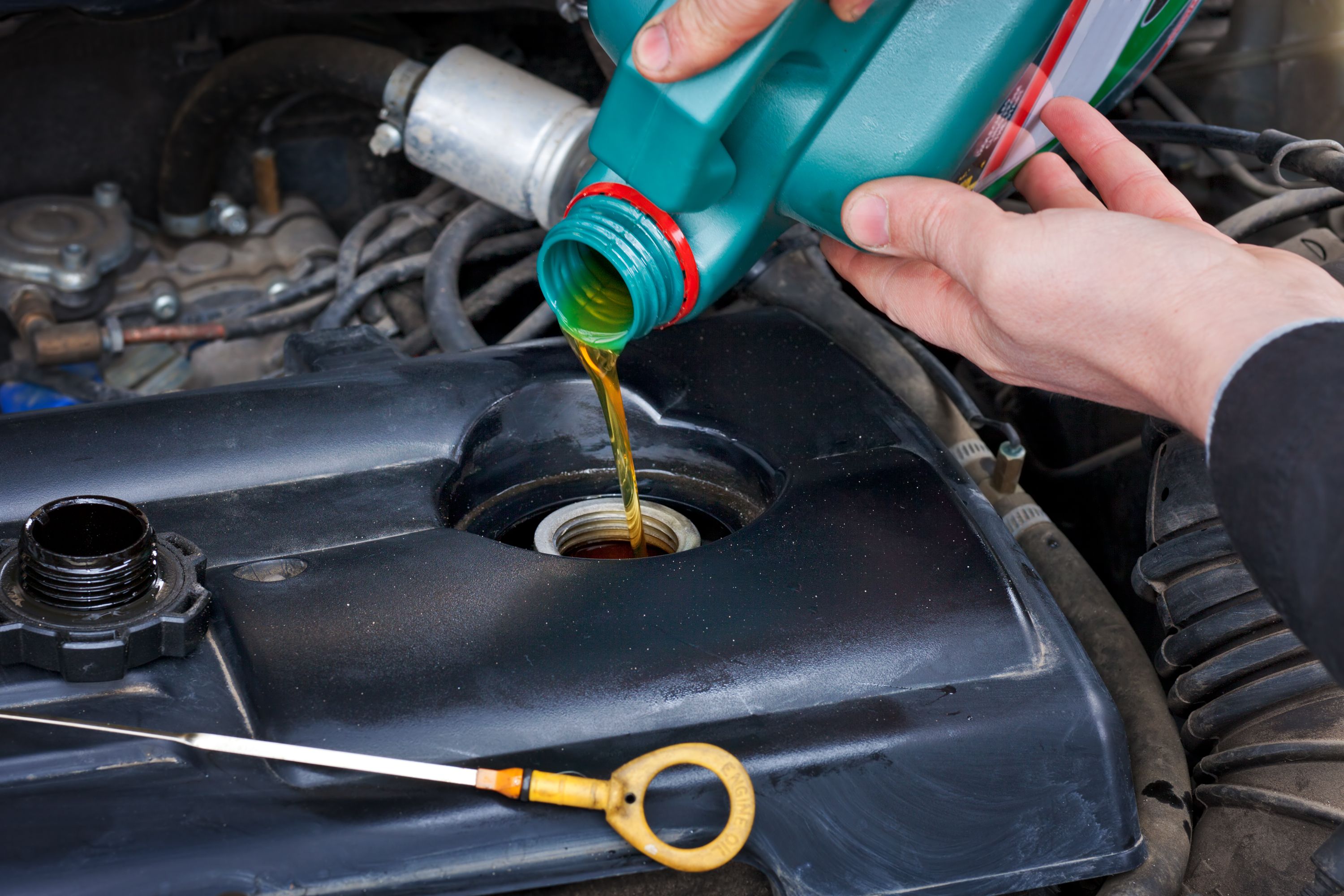

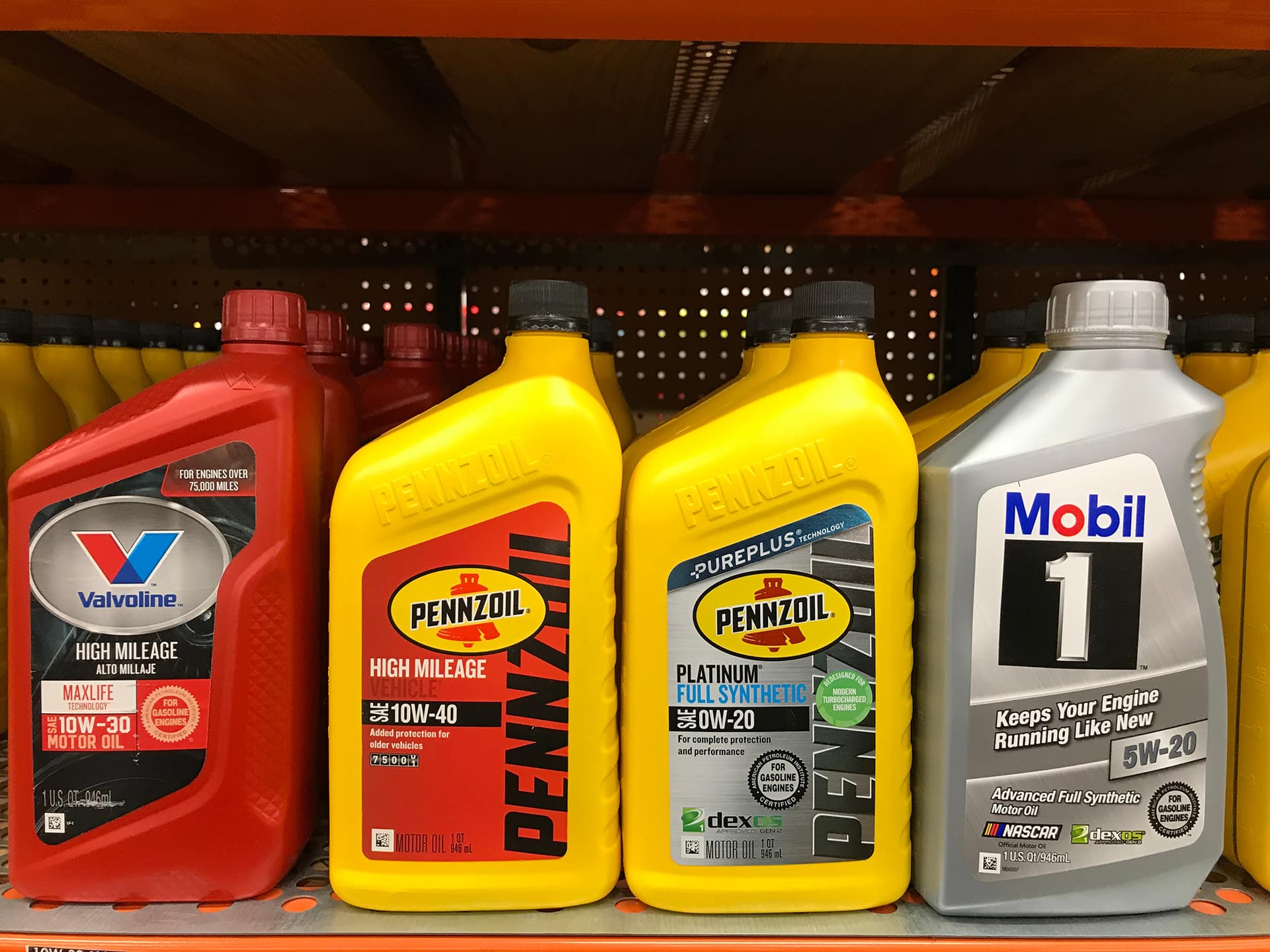
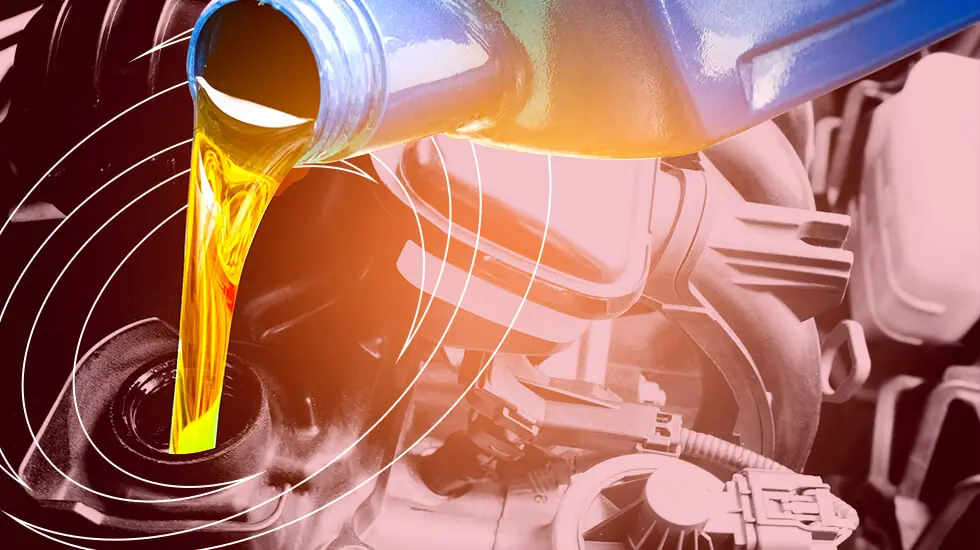
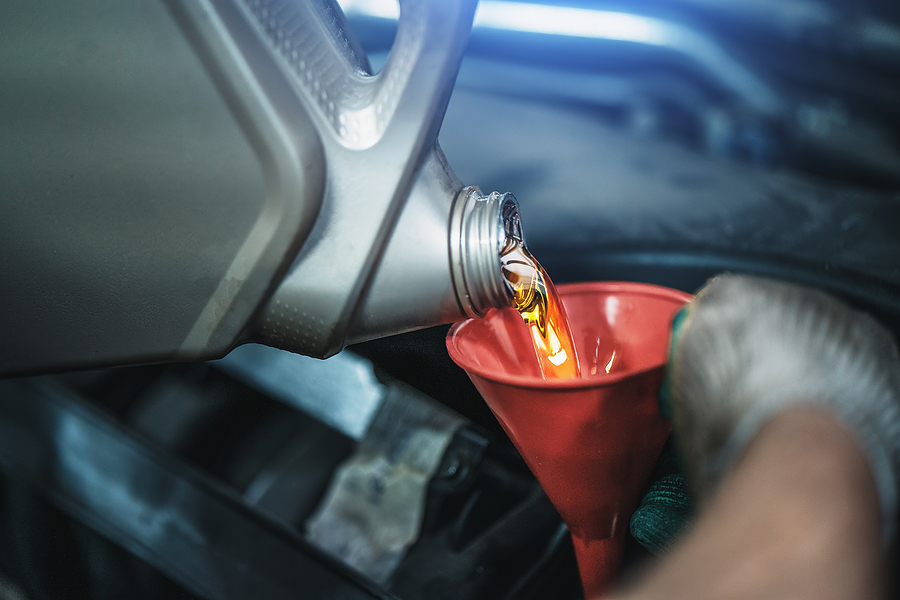
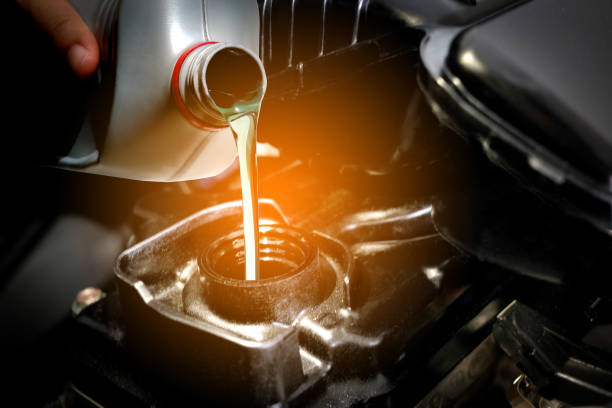

There are several key aspects to be aware of when it comes to different types of oil for your vehicle. Here are some important points to consider:
1. Conventional (Mineral) Oil: Conventional oil, also known as mineral oil, is a basic type of engine oil refined from crude oil. It's the least expensive option and is suitable for older vehicles with simple engine designs. Conventional oil requires more frequent changes compared to synthetic options.
2. Synthetic Oil: Synthetic oil is engineered for optimal performance and longevity. It offers superior high-temperature stability, better cold-weather flow, and improved wear protection. Synthetic oils are suitable for modern engines, high-performance vehicles, and extreme driving conditions. They typically have longer change intervals.
3. High-Mileage Oil: High-mileage oil is specifically formulated for vehicles with over 75,000 miles on the odometer. It contains additives designed to reduce oil consumption, prevent leaks, and provide extra protection for older engine components. High-mileage oils help extend the life of aging engines.
4. Conventional vs. Synthetic Blend: A synthetic blend, or semi-synthetic oil, combines conventional and synthetic oils. It offers some of the benefits of full synthetic oil at a lower cost. This type of oil can be a good compromise for vehicles that don't require full synthetic but could benefit from enhanced performance.
5. Full Synthetic vs. Full Synthetic High-Performance: Full synthetic high-performance oils are designed for sports cars, high-revving engines, and extreme driving conditions. They offer the highest level of protection and performance but come at a premium price.
6. Viscosity Grades: Engine oils come in different viscosity grades, often indicated by numbers like 5W-30 or 10W-40. The first number (e.g., 5W) represents the oil's flow characteristics at cold temperatures, while the second number (e.g., 30 or 40) represents its viscosity at operating temperature. Consult your vehicle's owner's manual to determine the recommended viscosity grade.
7. Diesel Engine Oil: Diesel engines have unique requirements, and diesel engine oils are formulated to meet those needs. They typically have higher levels of detergents and anti-wear additives to handle the demands of diesel combustion.
8. Multi-Viscosity Oils: Multi-viscosity oils, such as 10W-30 or 5W-20, are designed to provide good performance in a range of temperatures. They are suitable for vehicles that experience both cold winters and hot summers.
9. Environmentally Friendly Oils: Some engine oils are formulated with a focus on environmental sustainability. These oils often have reduced levels of additives that can be harmful to the environment and may be labeled as "green" or "eco-friendly."
10. Oil Specifications: Always check your vehicle's owner's manual for the manufacturer's recommended oil specifications, including viscosity grade and API (American Petroleum Institute) service rating. Using the right oil type and meeting specifications is essential for engine performance and longevity.
11. Oil Additives: Some drivers use oil additives to enhance specific properties of their engine oil, such as reducing friction or improving fuel economy. However, it's essential to research additives carefully and ensure they are compatible with your chosen oil type.
By understanding these key points about different types of oil for your vehicle, you can make informed decisions when selecting the right oil for your specific engine, driving conditions, and maintenance needs.
Let us know how we can help.